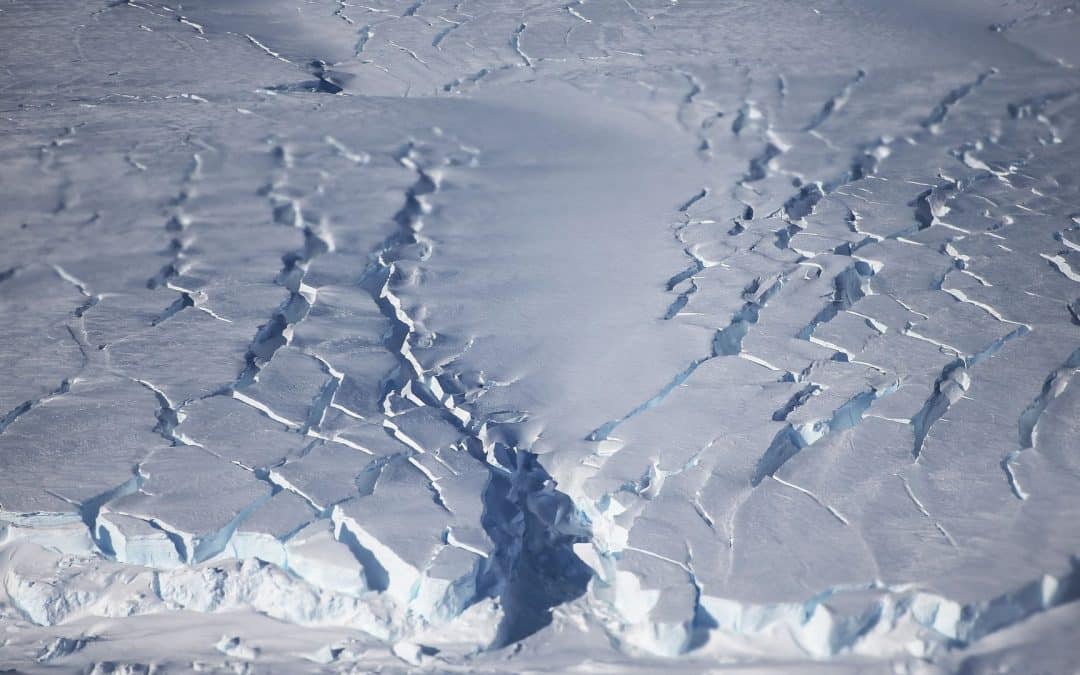Two new developments underscored the urgency of reducing greenhouse gas emissions, Andrew writes.
Driving the news: The first was a new study published yesterday on global sea level rise. Along with extreme weather events, sea level rise is a climate change impact that is already affecting communities worldwide.
In the U.S., this comes in the form of sunny day or nuisance flooding during astronomical high tides, as well as greater coastal flooding during storm events.
For small island developing states, sea level rise poses existential risks.
The study, in the journal Nature Communications, found that only by limiting human-caused global warming to 1.5°C or less compared to preindustrial levels can a multi-century melting of the globe’s ice sheets and increase in sea levels be averted.
“Our simulations suggest that the worst consequences can still be avoided if we do sufficiently reduce emissions within the next decades,” study coauthor Fabian Schloesser of the University of Hawaii told Axios via email.
Yes, but: Many scientists don’t consider the 1.5°C target to be feasible, based on the 1.2°C of warming to date and current emissions trends.
Assuming countries’ voluntary emissions pledges are met, the world is headed for about 2.4°C (4.32°F) of warming through 2100 compared to preindustrial levels, according to the Climate Action Tracker.
Threat level: The new research shows that once widespread melting of the Greenland ice sheet and large parts of Antarctica are triggered, the melting is like a runaway train.
Sea level rise would keep accelerating well beyond 2100 in many realistic warming scenarios above 1.5°C.
The researchers used multiple simulations from computer models in which the atmosphere, ocean, ice sheets and ice shelves interact and influence one another over time.
“According to our simulations, the 2°C warming (above the pre-industrial level) target emphasized by the Paris Agreement is insufficient to prevent accelerated sea level rise over the next century,” the study states.
The intrigue: The new paper came the same day as the UN Security Council met in a novel session to discuss security risks from sea level rise.
Diplomats, including UN Secretary-General António Guterres, criticized the slow speed at which action is being taken to head off potentially catastrophic outcomes.
They agreed that sea level rise presents humanitarian and national security concerns, as millions of people may be forced to migrate to higher ground.
UN General Assembly leader Csaba Kőrösi of Hungary raised legal questions that sea level rise poses.
“What happens to a nation’s sovereignty — including UN membership — if it sinks beneath the sea?” he said.

